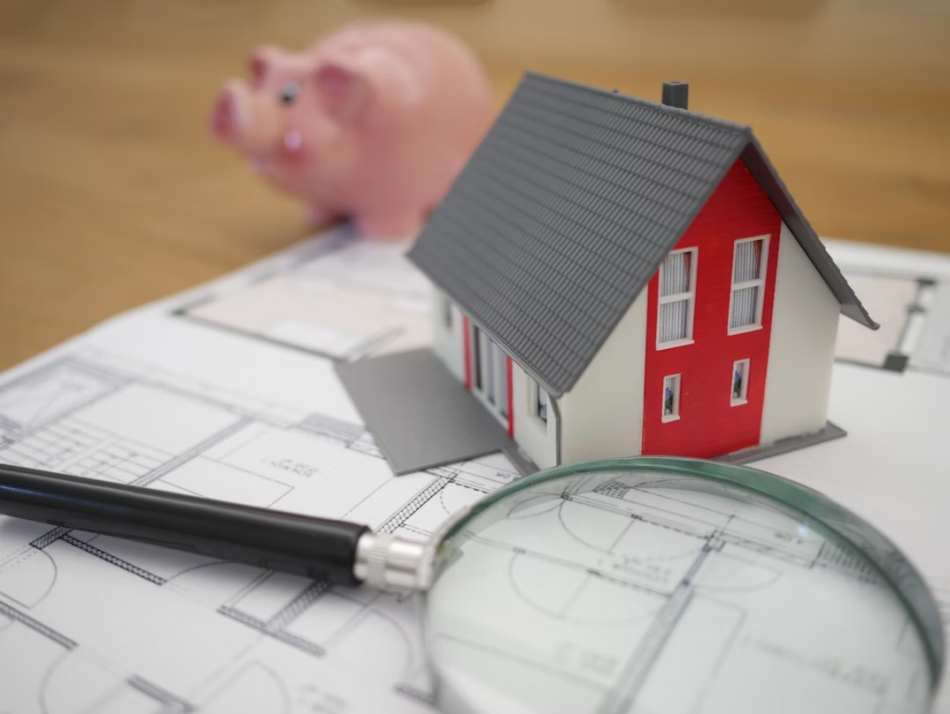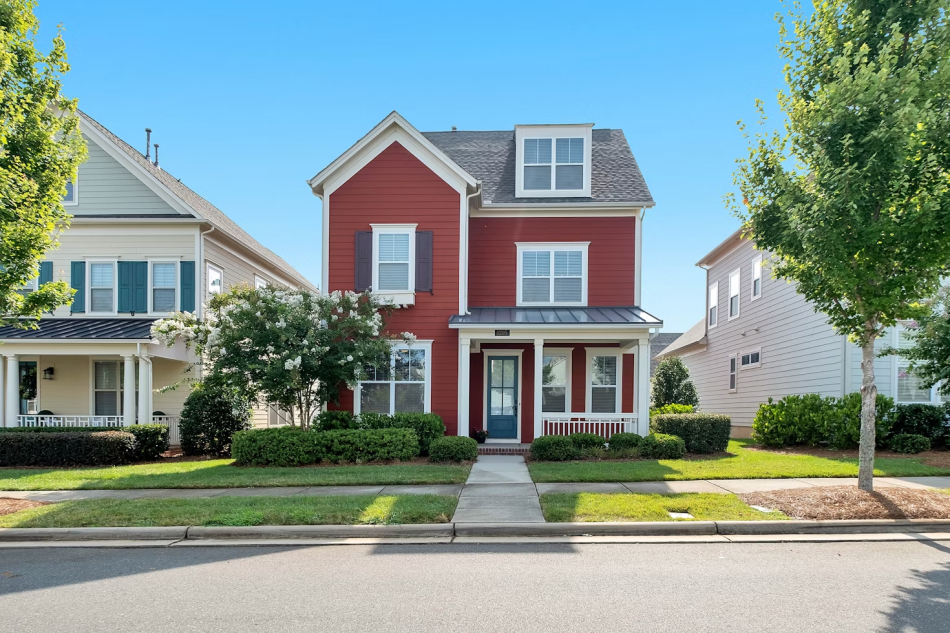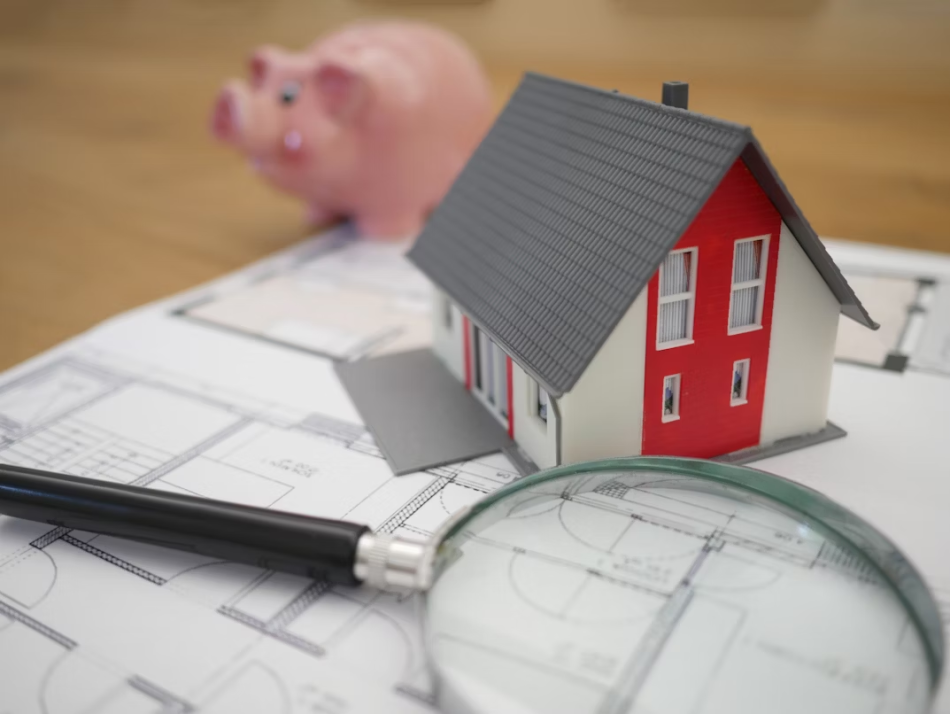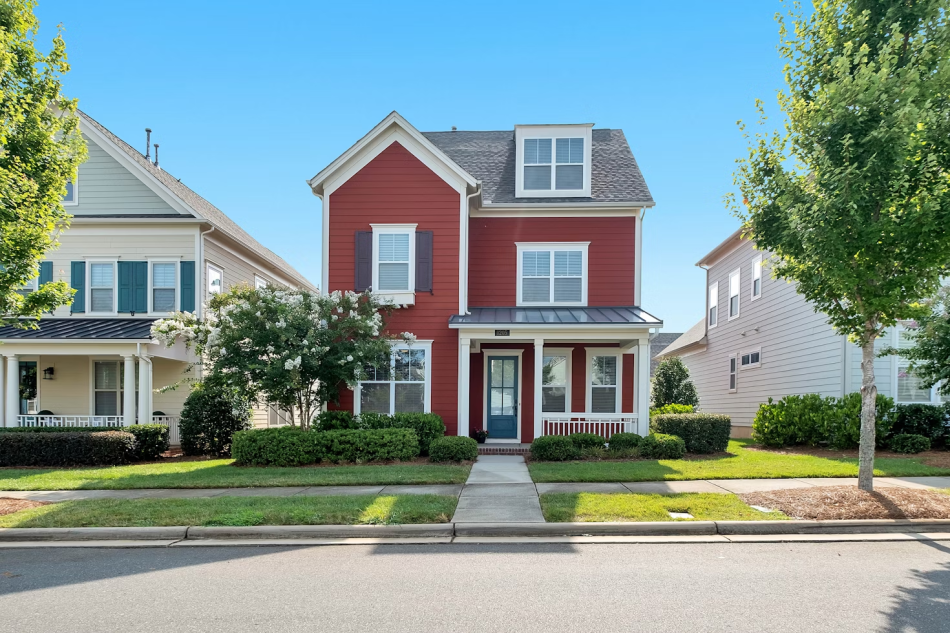The post Is Becoming a Landlord Worth It? The Real Costs and Benefits appeared first on Penny Pinchin' Mom.
For many people, the idea of renting out property seems like a straightforward path to steady income, but the reality is a bit more complicated than that. Becoming a landlord involves responsibilities, unexpected costs, and a learning curve that can feel overwhelming at times. If you’re weighing the decision, then it helps to look closely at both the benefits and the challenges before jumping in.
What makes the question so interesting is that the answer isn’t the same for everyone. Some people thrive as landlords and see their investments grow, while others feel drained by the demands and unexpected situations that come with tenants and property maintenance. However, understanding the true balance of costs and benefits can help you decide if it’s the right move for you.

Source: Unsplash (CC0)
The financial upside of being a landlord
One of the most obvious benefits is the potential for monthly rental income, which can supplement other earnings or become a primary source of revenue. Over time, this income stream can make a big difference in financial security, especially if the mortgages are reduced or paid off. The properties then become long-term assets that generate significant returns.
Another key advantage is property appreciation, where the value of the property increases over the years. Landlords often find that while they’re collecting rent, the property itself grow in value too. This combination of regular income and capital growth is one of the main reasons why people decide to step into property ownership as landlords.
The hidden costs that come with the role
While the income potential is attractive for many, there are some costs that can catch new landlords off guard. Regular maintenance, repairs, and unexpected emergencies can add up quickly and reduce your monthly profits. Something like a leaking roof or damaged appliance might appear at the worst possible time, and landlords have to be prepared to cover those expenses.
Insurance, property taxes, and compliance with local regulations also add to the financial burden. These aren’t optional, and they can change how profitable a property actually is. That’s why having a clear budget and realistic expectations makes such a difference when deciding to become a landlord.
The time commitment involved
Being a landlord is also about how much time you’re willing to put into the role. From screening tenant applications to handling maintenance requests, there are always tasks waiting for your attention. If you’re managing multiple properties, the workload might grow quickly and feel like a full-time job.
Some landlords choose to hire property management services to save time, but that comes at a cost that eats into profits. Others prefer to stay hands-on because they want more control over the tenant relationship and the condition of the property. Either way, it’s important to remember that time is a cost in itself.
The responsibility of property maintenance
Every landlord has to keep their property in safe and livable conditions, and this means responding to repairs and scheduling upkeep on a regular basis. Tenants expect issues to be handled fairly quickly, and ignoring them can lead to bigger problems and strained relationships. Keeping up with this responsibility requires planning and a willingness to budget for the unexpected.
Routine tasks like servicing heating systems, checking smoke alarms, and inspecting plumbing are part of the job. These small but necessary steps protect the property’s long-term value and make it easier to retain tenants. Landlords who stay on top of these maintenance tasks tend to have fewer conflicts and more reliable rental income.

Source: Unsplash (CC0)
The legal side of being a landlord
There’s a legal framework that landlords have to follow, and it varies depending on location. This can include everything from fair housing regulations to safety standards and eviction procedures. Missing something here can result in fines, disputes, or even being barred from renting the property in the future.
Creating strong lease agreements and understanding local rental laws is part of the process. Many new landlords underestimate how much time it takes to learn these requirements, but they’re an unavoidable part of protecting both the tenant and the property. Staying informed and organized here makes it a lot easier to understand the legal landscape.
Lifestyle considerations and personal goals
Becoming a landlord can also be about your lifestyle and what you want from your investments. If you like being hands-on with tenants and property upkeep, then it might suit you well. If you prefer a more passive investment, the time and energy needed might feel like too much.
For people who already have experience with owning a home, the transition to being a landlord can feel more natural, as they understand the basics of upkeep and budgeting. Still, it’s different when you’re responsible for someone else’s living space, and that shift in responsibility can be harder than it looks. Matching the role with personal goals is key to feeling satisfied with the choice.
The benefits of building long-term wealth
One of the strongest reasons people stick with being landlords is the chance to build wealth over time. While there are ups and downs, properties often become valuable long-term assets that can be passed down or sold for profit. This potential for long-term growth is something few other investments can match.
Unlike many financial products, property ownership gives landlords both an income stream and an appreciating asset. By holding onto properties and keeping them well maintained, landlords often find themselves in a much stronger financial position after several years. That long-term perspective is what keeps many landlords motivated.
Weighing the risks and rewards
No investment is without risk, and a rental property is no exception. Vacancies, unexpected repairs, and difficult tenants can all reduce profits and test patience. At the same time, the potential for stable income and property growth is very real if the landlord is prepared and organized.
The key is to weigh these risks against the potential rewards in the context of personal finances and long-term plans. Some people are comfortable taking on the challenges, while others prefer to invest in less hands-on opportunities. The decision ultimately comes down to what feels manageable and worthwhile for the individual.
Becoming a landlord comes with real financial opportunities but also with costs that shouldn’t be overlooked. Between income potential, legal responsibilities, and lifestyle choices, the role can be rewarding for some but stressful for others. By looking at both sides clearly, you can make a decision that fits your goals and your comfort level.
For many people, the idea of renting out property seems like a straightforward path to steady income, but the reality is a bit more complicated than that. Becoming a landlord involves responsibilities, unexpected costs, and a learning curve that can feel overwhelming at times. If you’re weighing the decision, then it helps to look closely at both the benefits and the challenges before jumping in.
What makes the question so interesting is that the answer isn’t the same for everyone. Some people thrive as landlords and see their investments grow, while others feel drained by the demands and unexpected situations that come with tenants and property maintenance. However, understanding the true balance of costs and benefits can help you decide if it’s the right move for you.

Source: Unsplash (CC0)
The financial upside of being a landlord
One of the most obvious benefits is the potential for monthly rental income, which can supplement other earnings or become a primary source of revenue. Over time, this income stream can make a big difference in financial security, especially if the mortgages are reduced or paid off. The properties then become long-term assets that generate significant returns.
Another key advantage is property appreciation, where the value of the property increases over the years. Landlords often find that while they’re collecting rent, the property itself grow in value too. This combination of regular income and capital growth is one of the main reasons why people decide to step into property ownership as landlords.
The hidden costs that come with the role
While the income potential is attractive for many, there are some costs that can catch new landlords off guard. Regular maintenance, repairs, and unexpected emergencies can add up quickly and reduce your monthly profits. Something like a leaking roof or damaged appliance might appear at the worst possible time, and landlords have to be prepared to cover those expenses.
Insurance, property taxes, and compliance with local regulations also add to the financial burden. These aren’t optional, and they can change how profitable a property actually is. That’s why having a clear budget and realistic expectations makes such a difference when deciding to become a landlord.
The time commitment involved
Being a landlord is also about how much time you’re willing to put into the role. From screening tenant applications to handling maintenance requests, there are always tasks waiting for your attention. If you’re managing multiple properties, the workload might grow quickly and feel like a full-time job.
Some landlords choose to hire property management services to save time, but that comes at a cost that eats into profits. Others prefer to stay hands-on because they want more control over the tenant relationship and the condition of the property. Either way, it’s important to remember that time is a cost in itself.
The responsibility of property maintenance
Every landlord has to keep their property in safe and livable conditions, and this means responding to repairs and scheduling upkeep on a regular basis. Tenants expect issues to be handled fairly quickly, and ignoring them can lead to bigger problems and strained relationships. Keeping up with this responsibility requires planning and a willingness to budget for the unexpected.
Routine tasks like servicing heating systems, checking smoke alarms, and inspecting plumbing are part of the job. These small but necessary steps protect the property’s long-term value and make it easier to retain tenants. Landlords who stay on top of these maintenance tasks tend to have fewer conflicts and more reliable rental income.

Source: Unsplash (CC0)
The legal side of being a landlord
There’s a legal framework that landlords have to follow, and it varies depending on location. This can include everything from fair housing regulations to safety standards and eviction procedures. Missing something here can result in fines, disputes, or even being barred from renting the property in the future.
Creating strong lease agreements and understanding local rental laws is part of the process. Many new landlords underestimate how much time it takes to learn these requirements, but they’re an unavoidable part of protecting both the tenant and the property. Staying informed and organized here makes it a lot easier to understand the legal landscape.
Lifestyle considerations and personal goals
Becoming a landlord can also be about your lifestyle and what you want from your investments. If you like being hands-on with tenants and property upkeep, then it might suit you well. If you prefer a more passive investment, the time and energy needed might feel like too much.
For people who already have experience with owning a home, the transition to being a landlord can feel more natural, as they understand the basics of upkeep and budgeting. Still, it’s different when you’re responsible for someone else’s living space, and that shift in responsibility can be harder than it looks. Matching the role with personal goals is key to feeling satisfied with the choice.
The benefits of building long-term wealth
One of the strongest reasons people stick with being landlords is the chance to build wealth over time. While there are ups and downs, properties often become valuable long-term assets that can be passed down or sold for profit. This potential for long-term growth is something few other investments can match.
Unlike many financial products, property ownership gives landlords both an income stream and an appreciating asset. By holding onto properties and keeping them well maintained, landlords often find themselves in a much stronger financial position after several years. That long-term perspective is what keeps many landlords motivated.
Weighing the risks and rewards
No investment is without risk, and a rental property is no exception. Vacancies, unexpected repairs, and difficult tenants can all reduce profits and test patience. At the same time, the potential for stable income and property growth is very real if the landlord is prepared and organized.
The key is to weigh these risks against the potential rewards in the context of personal finances and long-term plans. Some people are comfortable taking on the challenges, while others prefer to invest in less hands-on opportunities. The decision ultimately comes down to what feels manageable and worthwhile for the individual.
Becoming a landlord comes with real financial opportunities but also with costs that shouldn’t be overlooked. Between income potential, legal responsibilities, and lifestyle choices, the role can be rewarding for some but stressful for others. By looking at both sides clearly, you can make a decision that fits your goals and your comfort level.
The post Is Becoming a Landlord Worth It? The Real Costs and Benefits appeared first on Penny Pinchin' Mom.



